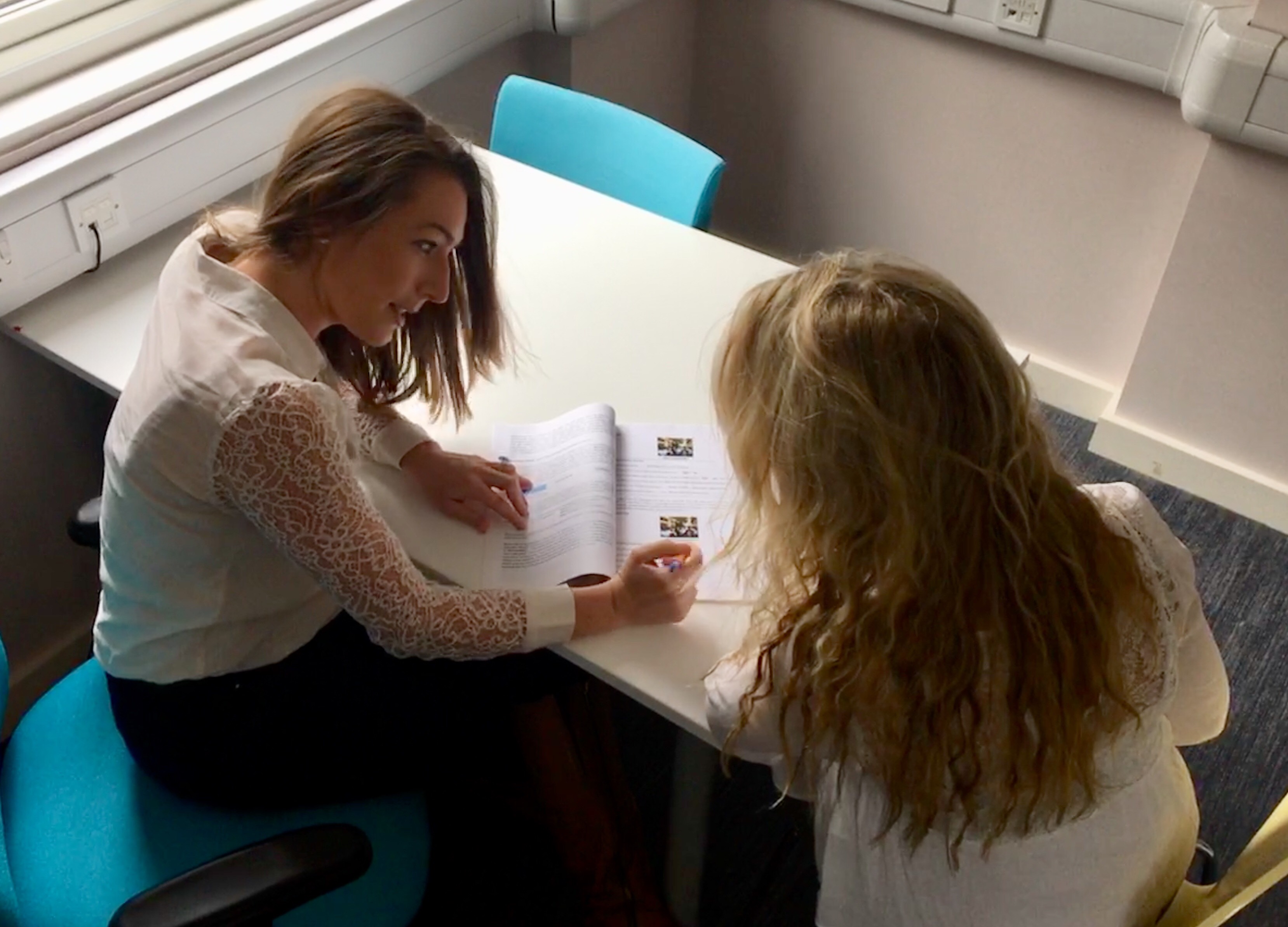MemFlex
The autobiographical memory flexibility training programme
Depression is associated with chronic biases in recollection of personal, autobiographical memories. The autobiographical memory store includes both memories for specific individual experiences (e.g., my first day at my current job) and generalisations we extract from those experiences (e.g., going to work every day). Depression is characterised by being ‘stuck in the past’, and particularly: a) being stuck at the level of memory generalisations (that often do not accurately reflect current reality), and b) being stuck in the emotionally negative. A wealth of literature has demonstrated that these memory distortions predict and maintain depression, and as such, intervening to correct these difficulties may have positive benefits for depressive symptoms. The MemFlex programme therefore aims to improve autobiographical memory recall in depressed individuals and in those at risk of depression.
The Intervention
MemFlex is a primarily self-guided programme for adolescents and adults which consists of one 45-minute face-to-face introductory session followed by eight workbook-based sessions which are completed at home over a 6-8 week period. The programme aims to improve recall of positive specific information and reduce negative overgeneralisation that is typical of depression.
The workbook structures repeated practice in recall of memories to positive and emotionally benign words, pictures, and scenarios. Once balanced retrieval has been reinitiated, through improving access to specific memories of positive and neutral emotional valence (to balance out the tendency to retrieve negative generalisations), participants elaborate the detail and emotion of recalled memories before flexibility is trained by guiding the participant in moving between specific and general memories. Total therapist time-commitment for service delivery is 60 minutes over 1 session and 1 phone call two weeks after beginning the intervention to check progress and troubleshoot any difficulties with completion.
Early evaluation of MemFlex has demonstrated promising treatment effects for depression, PTSD and Psychosis and in adults and youth.
More detail on research evaluating MemFlex can be found via the links below:
Hitchcock, C., Mueller, V., Hammond, E., Rees, C., Werner-Seidler, A., & Dalgleish, T. (2016). The effects of autobiographical memory flexibility (MemFlex) training: An uncontrolled trial in individuals in remission from depression. Journal of behavior therapy and experimental psychiatry, 52, 92-98.
Hitchcock, C., Gormley, S., Rees, C., Rodrigues, E., Gillard, J., Panesar, I., … & Dalgleish, T. (2018). A randomised controlled trial of memory flexibility training (MemFlex) to enhance memory flexibility and reduce depressive symptomatology in individuals with major depressive disorder. Behaviour Research and Therapy, 110, 22-30.
Hitchcock, C., Smith, A. J., Elliott, R., O’Leary, C., Gormley, S., Parker, J., … & Dalgleish, T. (2021). A randomized, controlled proof-of-concept trial evaluating durable effects of memory flexibility training (MemFlex) on autobiographical memory distortions and on relapse of recurrent major depressive disorder over 12 months. Behaviour research and therapy, 140, 103835.
Moradi, A. R., Piltan, M., Choobin, M. H., Azadfallah, P., Watson, P., Dalgleish, T., & Hitchcock, C. (2021). Proof of concept for the autobiographical memory flexibility (MemFlex) intervention for posttraumatic stress disorder. Clinical Psychological Science, 9(4), 686-698.
Mirabolfathi, V., Choobin, M. H., Moradi, A. R., Sanambari, F., Naeini, S., Mahdavi, M., & Hitchcock, C. (2025). Improving access to psychological intervention in low‐middle income settings: Results from a waitlist‐controlled, proof‐of‐concept trial of the MemFlex intervention for trauma‐exposed Afghan youth. British Journal of Clinical Psychology, 64(1), 36-46.
Edwards, C. J., Garety, P. A., & Hardy, A. (2020). Remembering the past to live better in the future: A feasibility randomised controlled trial of memory specificity training for motivation in psychosis. Journal of Behavior Therapy and Experimental Psychiatry, 68, 101564.
For more information contact: tim.dalgleish@mrc.cbu.ac.uk
A protected version of the Memflex workbook can be available to view: MemFlex Workbook

